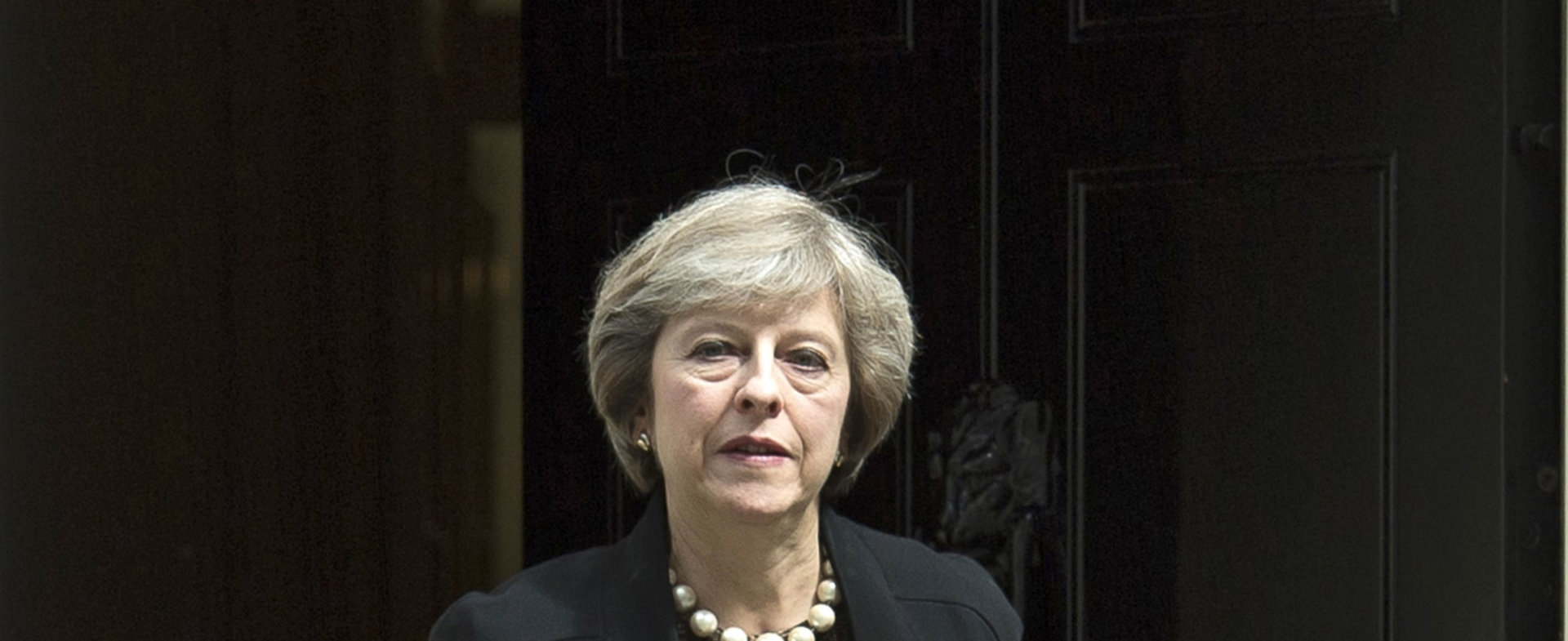As Parliament slips in to another break for the Conference season, the Prime Minister is jetting off to Italy. But it won’t be Tuscan villas or the Uffizi Gallery for Theresa May. Her visit to Florence this week is strictly business. Her mission: to deliver what is being described as an ‘important intervention’ in the Brexit negotiations.
With Brexit negotiations stalling, speculation is mounting on what the Prime Minister will say to get them back on track. Of course, the only things we know for sure about the speech is what an assiduous photographer managed to snap as Olly Robbins strolled out of Downing Street last week with a draft of the speech under his arm. Aside from the ‘Good afternoon’ opening and the roughly 45 minute runtime, what can we expect from Mrs. May on Friday?
What’s this speech all about?
The negotiations between Brexit Secretary David Davis and chief EU negotiator Michel Barnier have seemingly reached intractable deadlock. Post-negotiation press conferences have been characterised by Davis and Barnier hurling jagged remarks back and forth as each side vents frustration with the other’s unwillingness to move on key issues like citizens’ rights, the Irish border, and the financial settlement. It means that very little progress has been made by the two negotiators. If things go on like this, the two sides won’t get round to talking about the all important future trading relationship between the UK and the EU, and crashing out of the EU without a trading arrangement is a scenario that May is desperate to avoid. Her intervention will be designed to break the deadlock, and open the door for progress to be made when the negotiations get back underway just a few days later.
Why Florence?
The location that the Prime Minister’s office has chosen for her is deliberate and might give some hints as to the content of the speech. Florence was, of course, the cradle of the Renaissance and the centre of European trade and commerce. May will be hoping that the parallels are not lost on her European audience
What will she say?
For months, May’s Cabinet has privately debated the merits of a transitional deal. The Chancellor Philip Hammond, reflecting the views of a large swathe of British business, has been the leading proponent of this arrangement which would see a status quo period of two or three years of continued access to the Single Market and Customs Union. It appears likely that confirmation of this as Government policy will be the substantive takeaway from May’s speech.
Of course, the golden rule of delivering a speech is to know your audience, and European leaders have been calling for May to use her speech to make the UK Government’s position on the financial settlement crystal clear.
And whilst a transitional deal may well be in the best interests of both the UK and the EU, it’s unlikely that such an arrangement will come free for the UK, so May will be under some pressure to address the question of continuing payments to the EU in a way that is satisfactory for the European side.
That will be a sensitive task for the British Prime Minister, who cannot afford to alienate hard Brexiters in her own Party. The Foreign Secretary Boris Johnson upped the stakes on this point only this weekend, outlining his opposition to continued large payments to the EU in a 4,000 word piece in The Telegraph.
What impact will the speech have on the Brexit negotiations?
May will be hoping that a gentler tone on the key issues of the negotiations will unlock the deadlock and pave the way for quick progression to talks with the EU on the future trading relationship. To do that, she will need to offer pragmatic solutions – not just warm words – to the European leaders. Her unenviable task is to do so without her Party calling betrayal over their red-lines.
The old quote goes that you can’t please all of the people all of the time, but it would seem that is exactly what May has to do on Friday in Florence if she is to get the Brexit deal she wants, and to protect her own fragile premiership.

